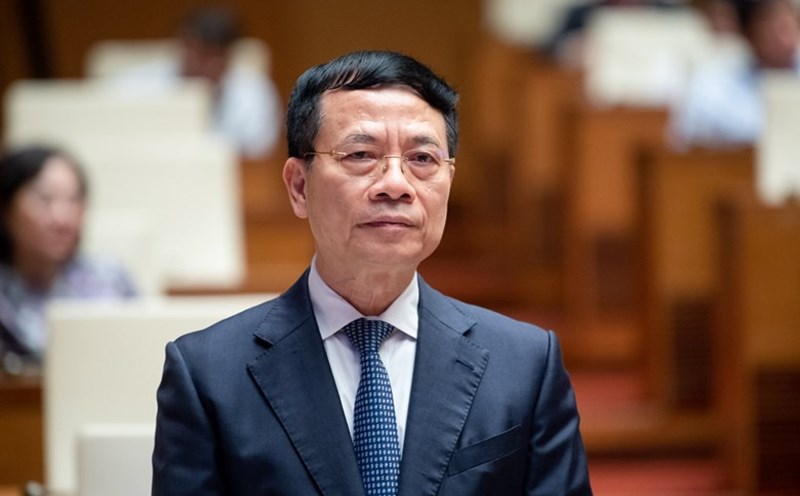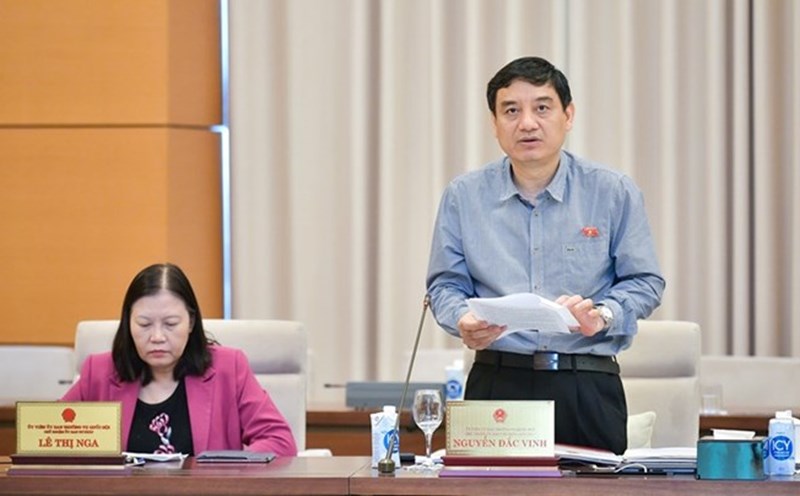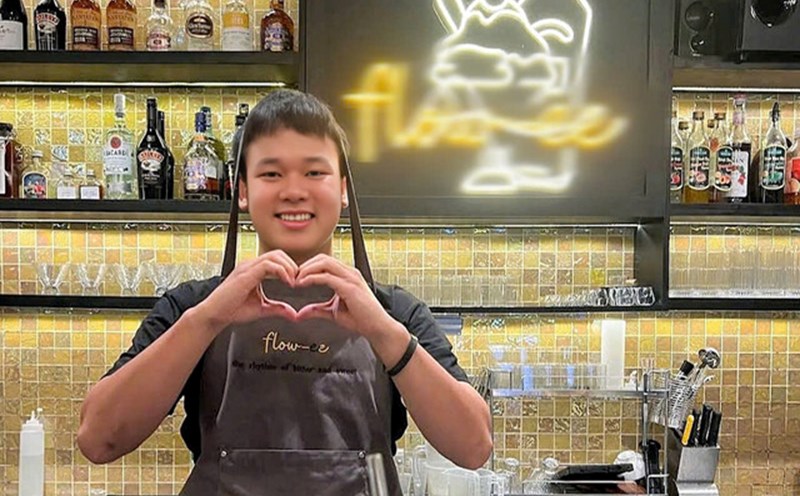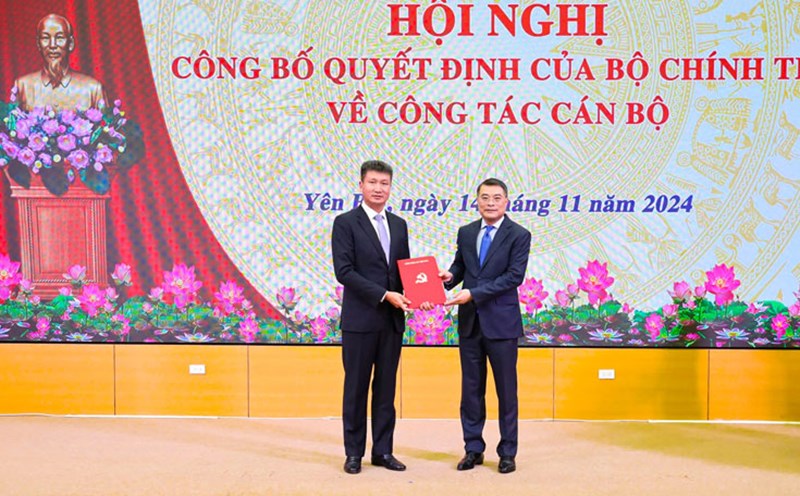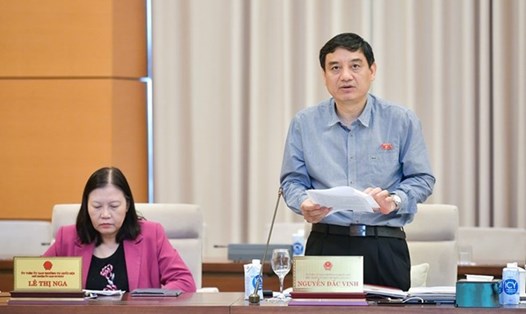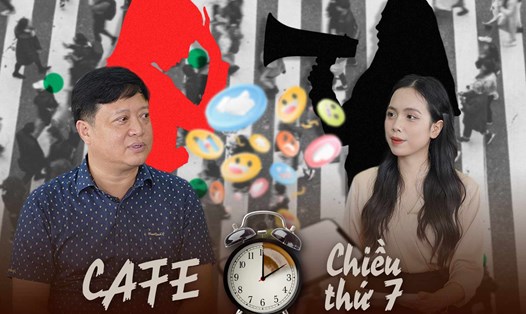Minister of Information and Communications Nguyen Manh Hung has just signed report No. 187/BC-BTTT to send to National Assembly deputies the results of implementing a number of resolutions on the field of information and communications.
One noteworthy content is that in the near future, the Ministry of Information and Communications will coordinate with the Ministry of Culture, Sports and Tourism to implement measures to limit the appearance of images and performing arts products of people working in the performing arts field in the press and social media (especially on Facebook, YouTube, TikTok) when there are violations of the law or violations of the code of conduct in cyberspace.
This is a remarkable step forward to help prevent the production of nonsense and offensive content that negatively affects young people and cultural life, which has been rampant on social networks.
In recent years, cyberspace has become a “barrier-free arena” where individuals, especially celebrities, can easily disseminate content without strict control.
Social platforms like Facebook, YouTube or TikTok have also unintentionally become promotional tools for a lot of toxic or deviant content.
Of course, it is not until now that authorities have raised the issue of how to handle illegal and deviant behavior by celebrities on social networks.
Previously, the Ministry of Culture, Sports and Tourism developed a code of conduct for artists and celebrities.
However, in reality, this code of conduct is not yet a sufficient deterrent. Violations by artists still occur, especially in the field of advertising, causing outrage and seriously affecting consumer confidence.
It is expected that the upcoming coordination between the Ministry of Information and Communications and the Ministry of Culture, Sports and Tourism will produce stronger and more effective solutions with higher deterrence, such as banning performances or removing from the performing arts scene artists who repeatedly offend.
Along with taking strong measures to eliminate deviant and harmful content, authorities also need to have specific campaigns and policies to promote a positive creative culture online.
Encouraging artists and celebrities to focus on content with cultural and educational values, in accordance with ethical standards to "Separate the wheat from the chaff" as Minister of Information and Communications Nguyen Manh Hung said is necessary and urgent in the current context.
Building a positive image, and promoting cultural and ethical values not only helps to "eliminate bad things" but also promotes healthy content, providing young people with role models.
This is also a sustainable way to create a civilized and healthy "digital culture"!

